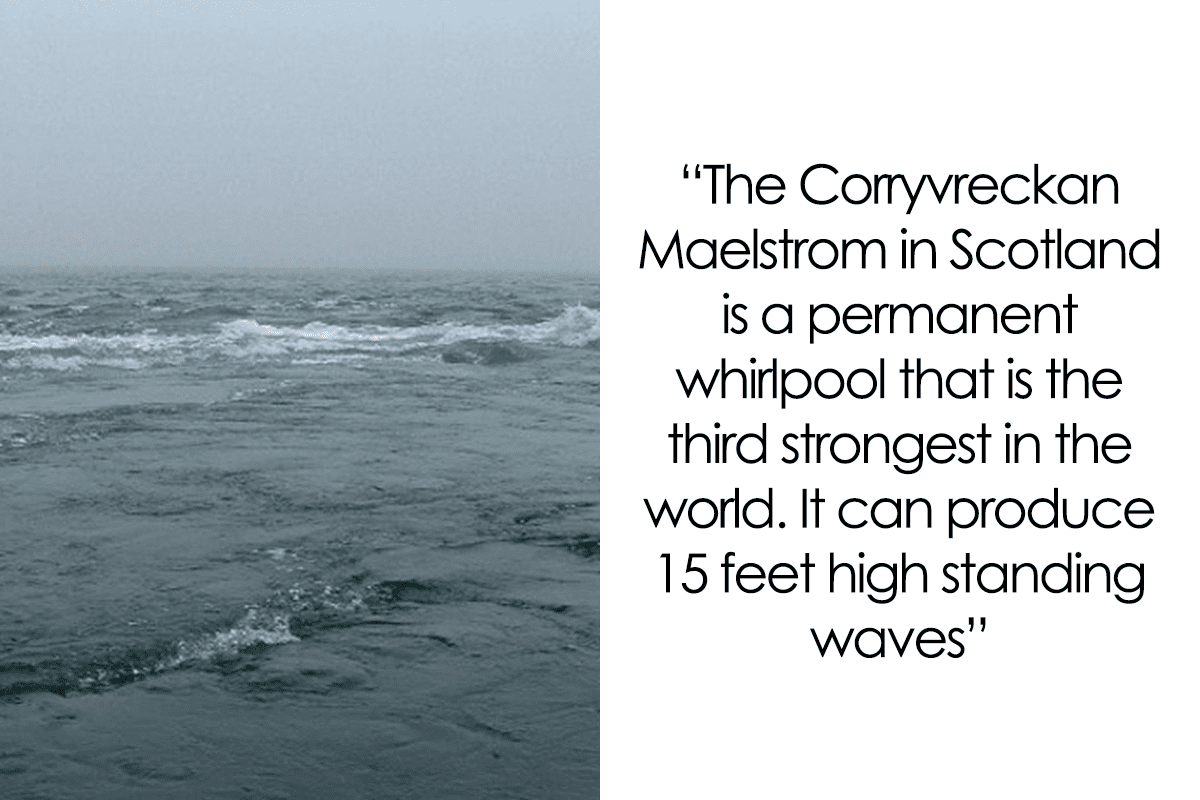The state of the world’s oceans is cause for grave concern, as human activity and climate change continue to take a significant toll on their health and ability to sustain life. With plastic pollution set to outweigh fish by 2050 and dead zones expanding rapidly, there are serious concerns about the future of marine life. Coral reefs are dying at alarming rates, and overfishing is pushing some species to the brink of extinction. Ocean acidification threatens to disrupt marine ecosystems further, and rising surface temperatures are causing significant impacts. Despite these challenges, education and public awareness about the importance of our oceans remain low, making action all the more critical to ensure a sustainable future for ourselves and the planet.
10 Shocking Realities About the World’s Oceans You Didn’t Know
The world’s oceans cover over 70% of our planet’s surface and are a critical component of life on earth. However, human activity and climate change are having profound impacts on the ocean’s health and ability to support life. Here are ten shocking realities about our oceans that you might not know.
1. Plastic in the Ocean Will Outweigh Fish by 2050
Plastic pollution is a global crisis, and our oceans are bearing the brunt of it. It is estimated that by 2050, there will be more plastic in the ocean than fish, both in terms of weight and volume. Every year, approximately eight million tons of plastic waste end up in our oceans, where it persists for hundreds of years, harming marine life and disrupting ecosystems.
2. Dead Zones Are Multiplying
Dead zones are areas of the ocean that have been depleted of oxygen due to an overabundance of nutrients from human activities, such as agriculture and wastewater runoff. These dead zones are expanding, and now cover an area of nearly 245,000 square kilometers, an area larger than the United Kingdom.
3. Coral Reefs Are Dying at an Alarming Rate
Coral reefs are home to a diverse array of marine life and play a vital role in sustaining our planet’s ecosystems. However, they are dying at an alarming rate due to rising sea temperatures, ocean acidification, and pollution. It is estimated that over 90% of the world’s coral reefs will be lost by 2050, unless we take action to address the root causes of their decline.
4. Overfishing is Driving Some Species to Extinction
The world’s oceans are being overfished, with some species being driven to the brink of extinction. For example, it is estimated that there are only around 30 vaquita porpoises left in the world, due to overfishing of the shrimp and fish they rely on for food. Overfishing also disrupts marine ecosystems, as predators are removed, leading to a cascade of knock-on effects.
5. Ocean Acidification is Accelerating
The ocean is a natural carbon sink, absorbing approximately one-third of the carbon dioxide that we emit into the atmosphere. However, this excess carbon is causing ocean acidification, which is disrupting marine ecosystems and threatening the survival of species that rely on calcium carbonate to build their shells and skeletons. Over the past 200 years, ocean acidity has increased by 30%, and this rate is accelerating.
6. Coral Triangle is at Risk
The Coral Triangle is a region of the western Pacific Ocean known for its remarkable biodiversity, including over 500 species of coral and 3,000 species of fish. However, it is under threat from overfishing, pollution, and rising sea temperatures. If we do not take action to protect the Coral Triangle, we could lose one of the most biologically diverse regions on earth.
7. Plastic Microbeads are Polluting the Ocean
Plastic microbeads, tiny particles of plastic commonly found in personal care products such as toothpaste and face wash, are polluting our oceans. These microbeads are too small to be filtered out by water treatment plants, and end up in our rivers and oceans, where they are ingested by marine life, causing significant harm.
8. Some Species are Evolving in Response to Climate Change
Climate change is causing significant impacts on marine life and ecosystems, including shifts in the distribution and behavior of species. Some species are evolving in response to changing environmental conditions, such as warmer waters or changes in food availability. However, many species are unable to adapt quickly enough, leading to declines in population numbers.
9. Ocean Surface Temperatures are Rising
Ocean surface temperatures are warming rapidly, with an increase of 0.13°C per decade since 1901. This has led to significant impacts on marine ecosystems, such as coral bleaching events that are killing large areas of coral reefs. Rising temperatures also cause changes in ocean currents, sea level rise and more severe storms, affecting human populations as well.
10. Ocean Literacy is Low
Despite the critical role that our oceans play in sustaining life on earth, literacy about the oceans is low. Most people do not understand the impact that human activity is having on the ocean, nor do they understand the importance of the ocean for a healthy planet. Education and public awareness are critical for protecting our oceans and ensuring a sustainable future for all.
Conclusion
Our oceans are under threat, with plastic pollution, overfishing, ocean acidification, and rising sea temperatures all taking their toll. We must take action to protect our oceans and the life they sustain, whether through individual actions such as reducing plastic waste or through policy changes to address the root causes of ocean decline. By working together, we can build a healthier, more sustainable future for ourselves and the world’s oceans.
